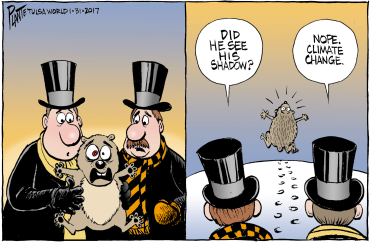Totally “borrowed” this from Gretchen Bajorek’s blog!
We are awesome at over-complicating things. (Teachers, I mean.) For example, take any lesson in which we need our students to read something.
by Dave Stuart, Jr

We have two objectives in any lesson where kids need to read. First, we need our kids to understand the text. Second, we need them to do something with that understanding (analyze, argue, compare, determine, develop, integrate, interpret, summarize, etc. I’m just pulling words from Jim Burke and Barry Gilmore’s Academic Moves for College and Career Readiness — all fifteen of those are strong foundations for post-understanding, text-based lesson objectives). If we teach our students to do any of those things with their reading of a text, we can sleep well. We are investing in their long-term good.
To achieve these objectives, there are just nine moves at which we need to become awesome.
Before reading, we can do some or all of the following:
- Hook them into the reading,
- Introduce any vocabularythat might get in their way, 10 words or less,
- and/or set the purpose for their reading — explain how what they’ll be doing after they read ought to inform how they’ll read.
During reading, we can do some or all of the following:
- Model reading — e.g., demonstrating how to purposefully annotate, or reading/thinking aloud the first paragraph;
- Check for understanding;
- and/or allow for independent practice. Our goal for this last piece is that we’ve done just enough with the preceding moves to enable each student to effectively grapple with the text.
After reading, we need to teach our kids how to do one or more of the following in light of the text:
- Discuss (I like using Think-Quad-Share, a variation ofThink-Pair-Share; Jennifer Gonzalez of Cult of Pedagogy likes to use strategies such as Gallery Walk and Concentric Circles);
- Debate (I obviously like Pop-Up Debate);
- and/or write (I like Graff and Birkenstein’s They Say, I Say templates; the two-paragraph version is ideal for texts that make claims).
That’s it.
Those nine things, in the simplest, most minimalist combinations possible, are the moves we ought to be practicing again and again as teachers. My students don’t seem to be on the brink of revolt when I use those same nine pieces, all year long, with dozens upon dozens of articles, documents, excerpts, chapters, poems, etc. I suspect that this is because the ideas in the texts, the challenges they present, and the work we do after reading them have become a part of who we are as a family and a team.







